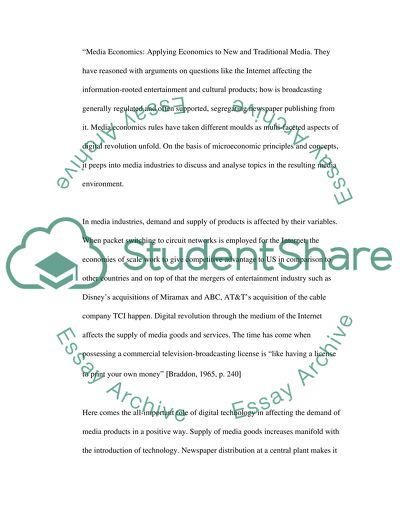Cite this document
(“In what ways are the basic rules of media economics changed by the Essay”, n.d.)
Retrieved from https://studentshare.org/miscellaneous/1537446-in-what-ways-are-the-basic-rules-of-media-economics-changed-by-the-digital-revolution-and-in-what-ways-do-they-remain-the-same
Retrieved from https://studentshare.org/miscellaneous/1537446-in-what-ways-are-the-basic-rules-of-media-economics-changed-by-the-digital-revolution-and-in-what-ways-do-they-remain-the-same
(In What Ways Are the Basic Rules of Media Economics Changed by the Essay)
https://studentshare.org/miscellaneous/1537446-in-what-ways-are-the-basic-rules-of-media-economics-changed-by-the-digital-revolution-and-in-what-ways-do-they-remain-the-same.
https://studentshare.org/miscellaneous/1537446-in-what-ways-are-the-basic-rules-of-media-economics-changed-by-the-digital-revolution-and-in-what-ways-do-they-remain-the-same.
“In What Ways Are the Basic Rules of Media Economics Changed by the Essay”, n.d. https://studentshare.org/miscellaneous/1537446-in-what-ways-are-the-basic-rules-of-media-economics-changed-by-the-digital-revolution-and-in-what-ways-do-they-remain-the-same.


